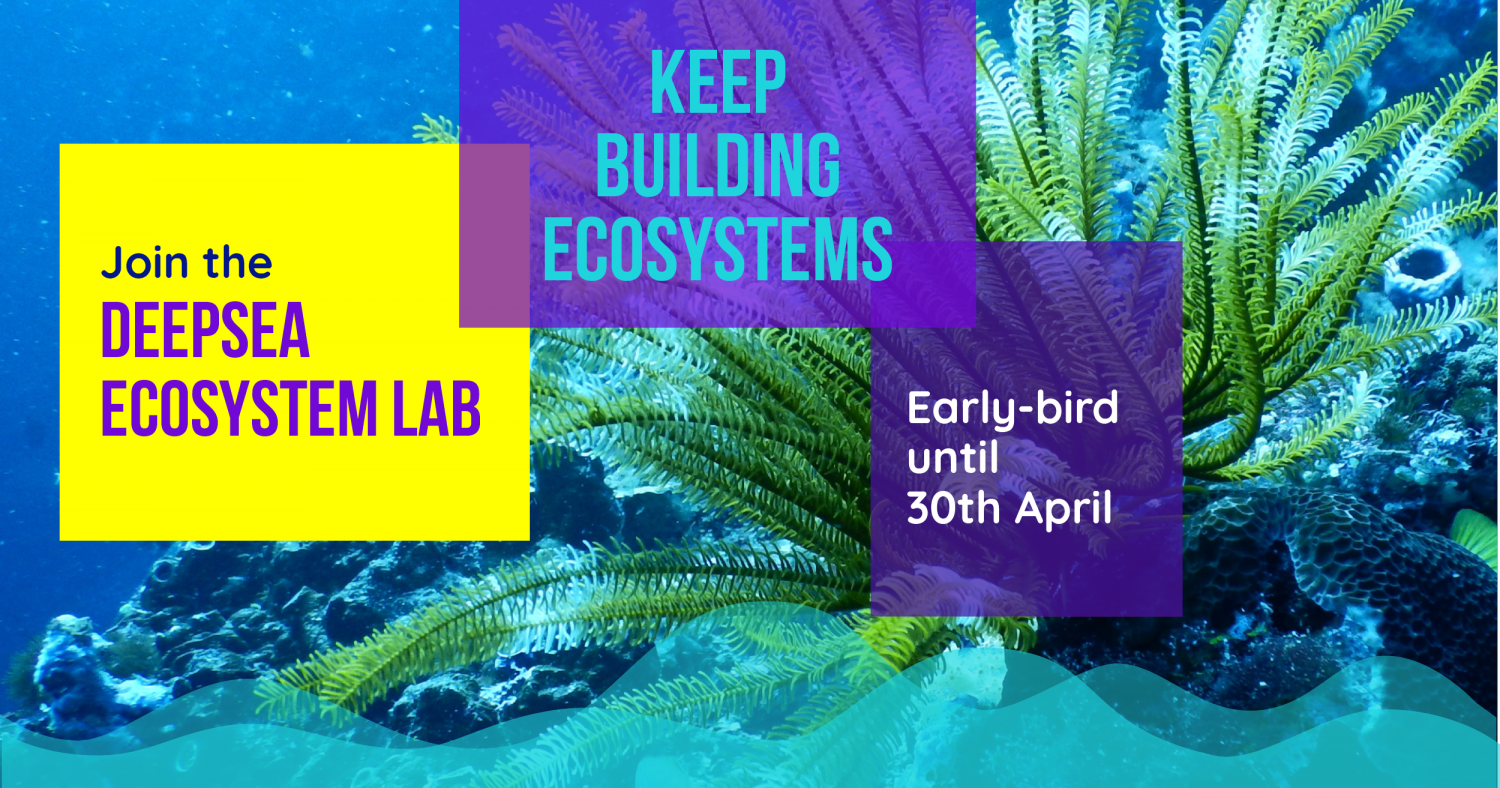Startups and places are strongly connected. Startups can re-vitalize cities, like in the prominent case of Berlin, or kill a future unicorn and drive the founders away. It is therefore important to explore the relation startups have to location and explore what it is that we call an “ecosystem”.
- Startup City Brands & Highways
- Mobility and Interconnectivity
- Ideas & Narratives Shape the Startup Scene
- Startup Highways are Redefining Location
- Startup Highways Part II
- Startup Highways Part III
- Startup Highways Part IV
- Case Study Riga (Sponsored)
- City Rankings
- Accelerator Rankings
- Conference Rankings
- Conclusions
The Undeniable Importance of Location
CORRECTION: The data of the “rest” was miscalculated in a previous version of this post and showed to be above 50% in comparison to the top 4. This is not the case, the divergence is even more dramatic. We apologize for the error.
Since the early days of the globalization we debate the obsolescence of location and the idea that thanks to the internet and hypermobility people and business could become place-independent. This hypothesis has been proven wrong. In fact the emergence of global cities and therefore the growing importance of places for people and businesses has been an unstoppable mega trend.
And the startup world has been no exception. In Europe, we see an emerging pattern of just a few cities, who capture the majority of venture capital investments on the continent. This closely resembles the picture in the US, where over 50% of all VC funding is invested in only 3 regions.
Comparing the investment levels of 54 European startup hubs since 2013, using data from Dealroom, we find the Top 4 hubs (London, Paris, Berlin, Stockholm) have grown by 294% from 2.6bn € to 10.21 bn € while the rest of European hubs grew a cumulative 165%, but staying way below 50% of the total funding raised in Europe.
In 2018, only 10 other cities had investments above 300mn €. The average sum of investments for the next biggest 50 cities outside the top 4 remained at 140mn € per city.
While the top-level investment statistics are often driven by later-stage rounds, it is interesting to see that also Europe’s Top Seed Investors largely concentrate their portfolio in just two regions: Western Europe with Germany, France, Switzerland and Austria and UK and Ireland.
This means startups in certain locations are much more likely to be successful in raising venture capital than those being in other regions. Against the continuous suggestions of many commentators this trend is also not going to change – as the time series above show. Investments should however not be the last word on startup places. Who for example says that the location where a startup raises funds is also the place their team is located? What if a startup is in fact a transnational project from day one?
A one-dimensional perspective will always be skewed and will miss the complex structures of entrepreneurial activity in Europe, which unfolds more in a mushroom type of pattern than a monolithic world of competing capitals.
“Output” focused metrics like investment levels, number of employees, etc. tend to cut off what we don’t understand and package the world into understandable pieces, which allow for strong arguments but also grave misperceptions. Innovative metrics are needed to measure the actual health of ecosystems, quantifiable indicators of “flows” and networks that allow for strategic action. We propose a set of indicators like the perception of cities, accelerators and conferences, mobility of founders, the opening of 2nd offices as well as shared narratives across borders to unveil transnational networks of founder activity.
Based on the monitoring of startup ecosystems over the past years, we suggest to change the focus and understand the spatial dimension of startup ecosystems:
- The European startup scene is not monolithic with one big hub in the center, but has several centers which have overlapping spheres of influence.
- Startup cities are symbiotic. The question is who connects with whom and which roles the various places are serving
- Understanding the perception and brand of startup places can inform strategies of growth for ecosystem builders.
- For founders it is paramount to understand how they can benefit from transnational networks, so we must make transparent how you can grow with a multinational setup.
